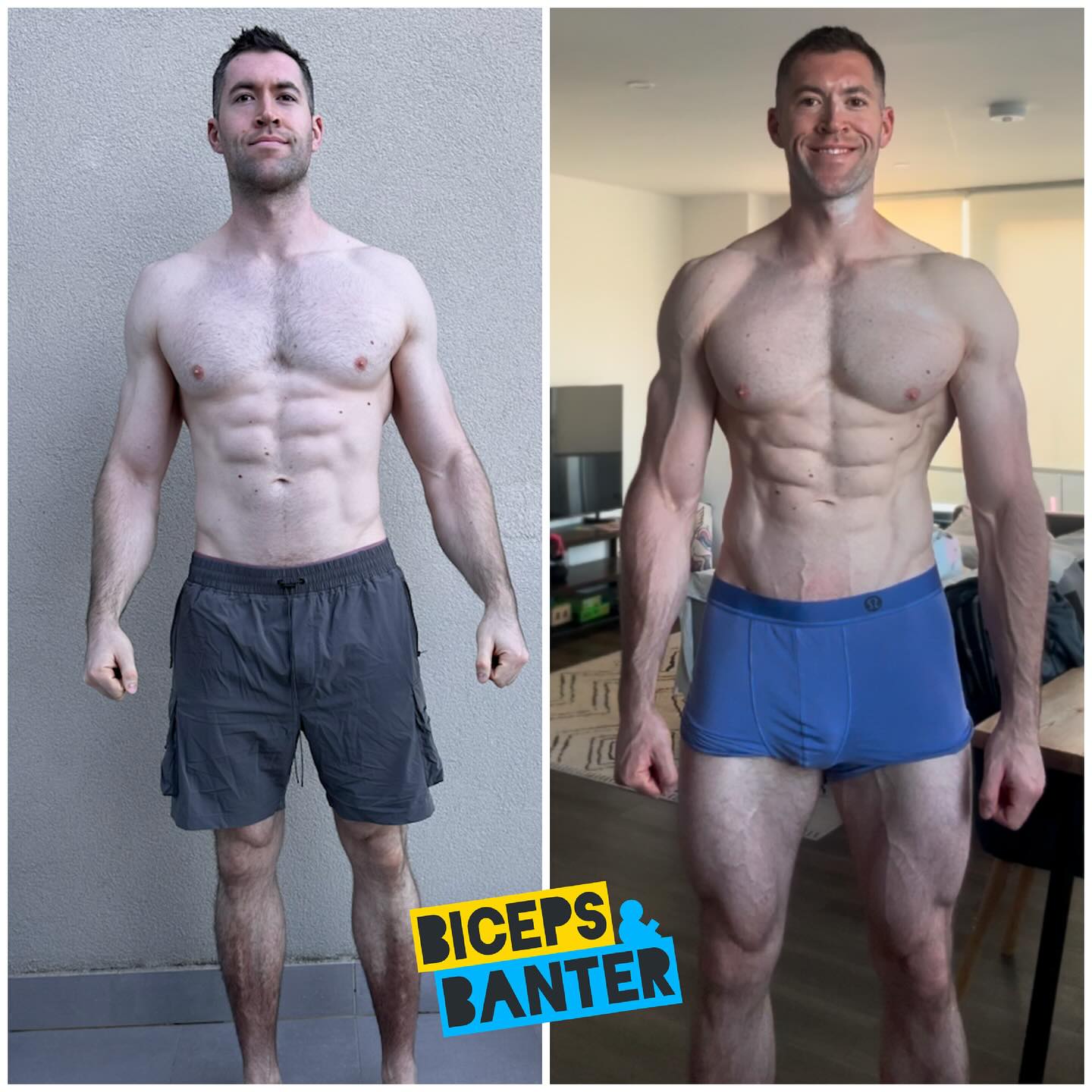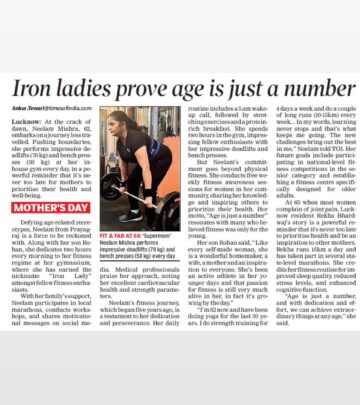Embracing Confidence: The Case For Looking Good
Jake Cathcart, online transformation coach, proves self-care and looking good uplift lives.

Image: Instagram
Jake Cathcart, a renowned online transformation coach, is challenging the prevailing notion that striving to look good is superficial. In a candid social media post, Cathcart questions why wanting to enhance one’s physical appearance has become a target for criticism. He dismisses labels like ‘superficial’ and ‘self-centred’ and argues that taking pride in your look can lead to feeling better internally, improved moods, and more positive interactions with those around you.
Looking Beyond Surface Judgments
In his impassioned caption, Cathcart explains that the act of improving one’s appearance is about more than vanity. It is about self-care and self-expression. “What comes with looking good? Feeling good,” he writes. According to Cathcart, when you feel good about yourself, you naturally smile more. The positive energy then influences your personal and professional relationships; clients, friends, and colleagues are more likely to interact with the best version of you. His message is clear: when you aim to look better, the benefits transcend the surface.
Cathcart also takes a swipe at coaches who use physical transformation solely as a marketing tactic. He suggests that some coaches—even those who have never truly transformed themselves—weaponize their appearance as a tool to attract clients. This, he argues, is misguided. Instead, a coach should embody the principles they preach. As he puts it, when you are properly coached and committed to reaching your goals, getting leaner, seeing visible abs, and ultimately looking great are completely legit objectives with little downside.
The Ripple Effect Of Self-confidence
The conversation initiated by Cathcart goes beyond personal fitness. It touches on the social stigma often attached to questioning one’s desire to improve their physical appearance. In the post, the transformation coach asks, “So, how does wanting to look a certain way become a bad thing?” The rhetorical question is part of a broader critique of a society that sometimes equates ambition to look good with vanity or superficiality.
Cathcart’s perspective is rooted in the idea that looking good is inherently linked to feeling good. When you invest time in transforming your body, you boost your energy levels and inspire those around you. His stance resonates with many who have experienced personal transformation: the journey to a fitter body not only changes physical appearance but also fortifies one’s mental outlook. This transformation, in turn, inspires others to pursue the same level of commitment.
In a nod to fellow professionals, Cathcart congratulates a fellow coach, @coachjasp, noting the impressive progress made in preparation for an upcoming shoot. His gesture underlines the importance of accountability, consistency, and leading by example in the coaching world. Observers of transformation stories on platforms like Instagram will notice a recurring theme where the transformation process is as much about mental discipline as it is about physical training.
Drawing on his extensive experience, Cathcart is not just offering motivational rhetoric. He backs up his claims with real-life examples from his journey and those of his clients. His previous posts have showcased dramatic transformations—ranging from significant weight loss to enhanced muscular definition—demonstrating that the pursuit of self-improvement is both tangible and achievable. Notably, some of his recent posts feature before-and-after shots that portray the power of disciplined training and balanced nutrition.
Cathcart’s message is particularly timely in an industry that is flooded with quick-fix solutions and unsustainable trends. His approach emphasizes the importance of sustainable practices over short-term results. The coach challenges not only his peers to maintain consistency in their own transformations but also urges potential clients to seek guidance from those who ‘walk the walk.’
In an era where social media amplifies every success story, critics are quick to label dedication as narcissistic. However, Cathcart reminds us that physical transformation can serve as a catalyst for overall well-being. The journey toward achieving low body fat percentages, defined abs, and improved aesthetics can lead to a significant boost in self-confidence—a sentiment that frequently reverberates among his followers.
The broader narrative that emerges is one of empowerment. Rather than apologizing for a desire to look good, Cathcart encourages individuals to celebrate their ambitions. His words resonate with those who have felt marginalized by the hyper-critical standards of modern society. Fitness, he argues, is far more than fat loss; it’s about creating a lifestyle that promotes balance, persistence, and self-worth.
Ultimately, Jake Cathcart’s viewpoint challenges the cultural stigma surrounding the pursuit of a better physical appearance. By advocating for self-care and alignment between a coach’s personal practice and their teachings, he sets a new standard in the fitness community. His multifaceted approach reminds us that when you look good, you are likely to feel—and be—good, transforming the lives of those around you in the process.
Read full bio of Joyce



















